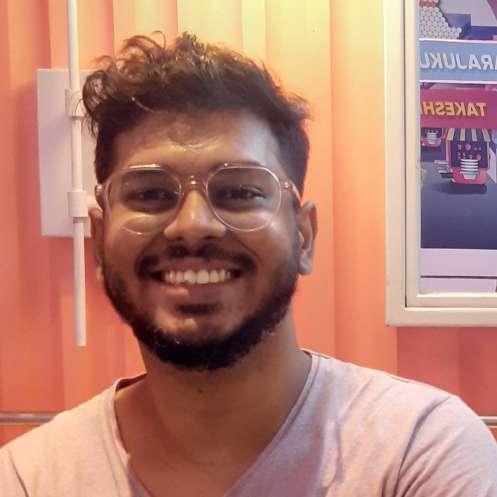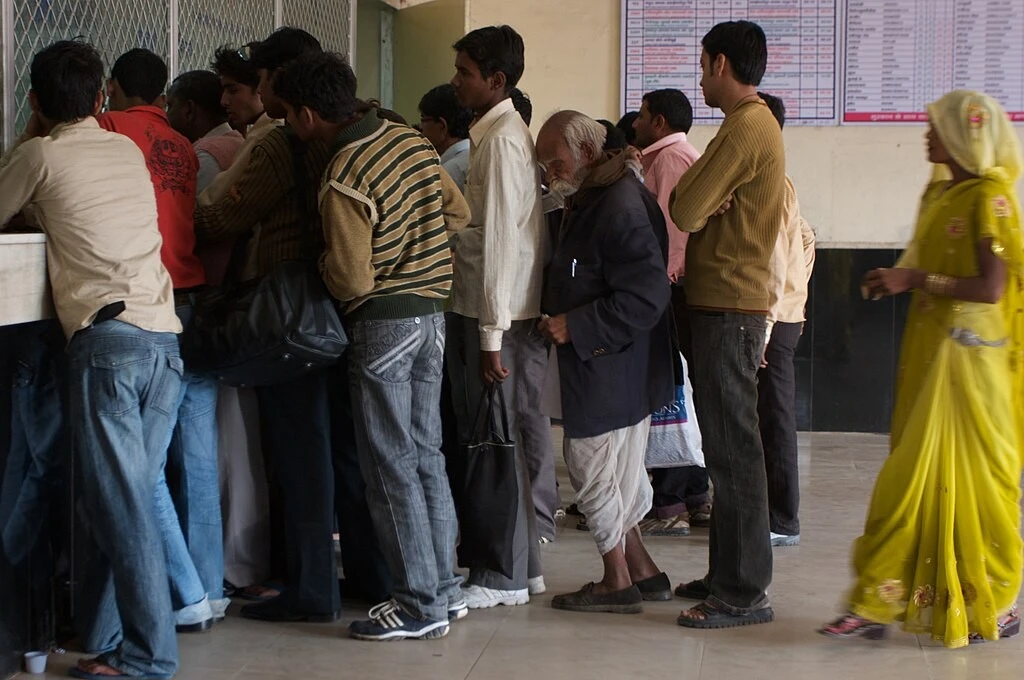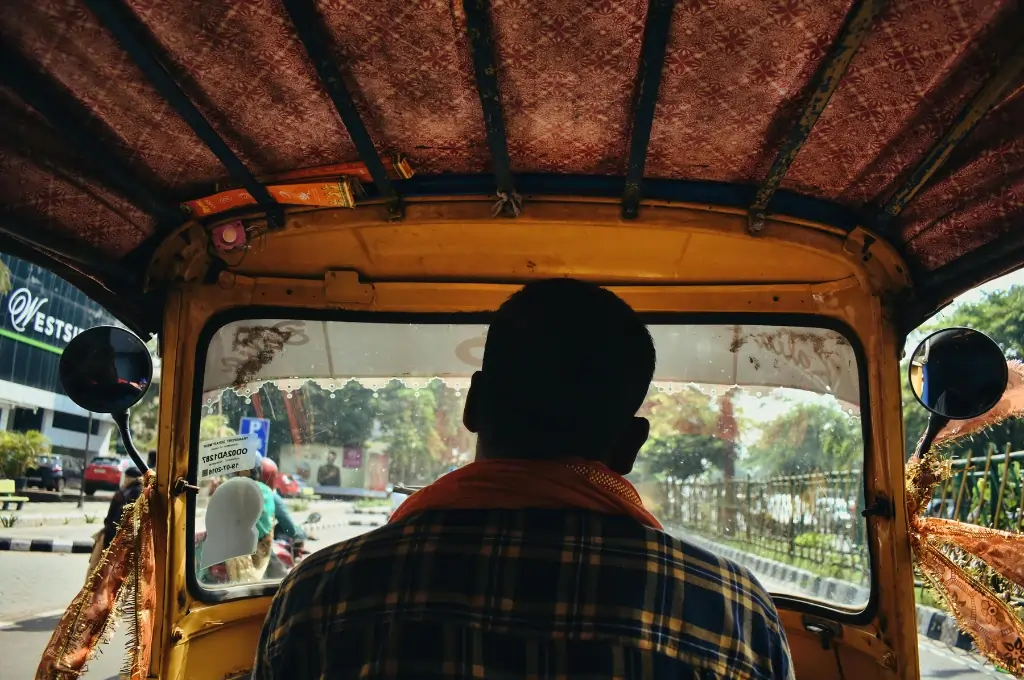Dayamani Barla is an Adivasi activist and a journalist based in Ranchi, Jharkhand. Her journey in activism started in the mid 1990s when she joined the people’s movement against the construction of Koel-Karo dam. Since then, Dayamani has been involved in many movements of people’s resistance against corporate exploitation of Adivasi land. She is the convenor of Adivasi-Moolvasi Astitva Raksha Manch (Forum for the Protection of the Existence of Tribal and Native Population). The Manch has been at the forefront of several protests, including the agitation against ArcelorMittal’s land acquisition in Jharkhand to set up a steel plant. The protest successfully stalled the construction of the steel plant, which would have displaced thousands in the state and rendered them homeless.
As a prolific journalist, Dayamani has written for publications such as Prabhat Khabar, Jan Haq, and The Caravan, and has also authored books such as Adivasi Adhikar Khatre Mein. She has received multiple awards and recognitions for her work, including the Counter Media Award for Rural Journalism, the National Foundation for India Fellowship, and Cultural Survival’s Ellen L. Lutz Indigenous Rights Award.
In this interview with IDR, Dayamani talks about the hardships of her unusual childhood, how and why she grew up to be a journalist, and her journey towards activism. She discusses the Adivasi struggle for jal (water), jangal (forest), and zameen (land), and reveals her influences, which include journalists Dr Kumar Suresh Singh and Faisal Anurag, Adivasi activist Junas Gudiya, and South African social reformers Nelson and Winnie Mandela. Dayamani shares her lessons from having been part of several people’s movements, emphasises the need for education for Adivasi youth, and explains why activists should join electoral politics.

1. “When I look at the lives of other children, I feel jealous.”
Dayamani talks about how her parents’ land was taken away from them by the zamindars, which pushed the family towards a life of hardships.
2. “In order to preserve their history, Adivasis must take up the pen.”
She joined the Koel-Karo people’s movement against the Koel-Karo Hydel Project, where she met journalists and activists who inspired her to pick up the pen and write.
3. “History is what we have lived and what we are observing in the present.”
Adivasis’ connection with their land, forests, and water bodies are only recorded in their oral history; oral history is also the primary source of documentation of their various struggles against oppression.
4. “If you shoot me, only one body will fall. If we stop the movement, my people will be crushed.”
The Koel-Karo people’s movement is known to be one of the few successful anti-dam mass movements in India. But what defines the success of a movement?
5. “Activists should go to the places where laws are made and also where laws are implemented.”
Why do activists need to join electoral politics? Why do Adivasis need to become political leaders?

6. “All successful mass movements work in collaboration with other movements.”
The people behind the Adivasi-Moolvasi Astitva Raksha Manch decided not to register it as a nonprofit. It continues as a people’s movement and collaborates with movements across the country.
7. “Since 2014, nonprofits can no longer support the people’s struggle.”
Nonprofits played a key role in the Koel-Karo people’s movement, but the social sector has changed in the past decade. There’s a need for the sector to introspect.
8. “Use your smartphone to get the education that the government isn’t giving you.”
Government data shows an increase in literacy numbers, but education is incomplete unless people are socially, economically, and politically aware.
—
Know more
- Watch this documentary on Dayamani Barla to learn more about her.
- Read this interview with activist and humanitarian Stany Swamy to learn more about his work with people’s movements in Jharkhand.
- Read this list to learn about Adivasi literature written by writers from the indigenous communities.






